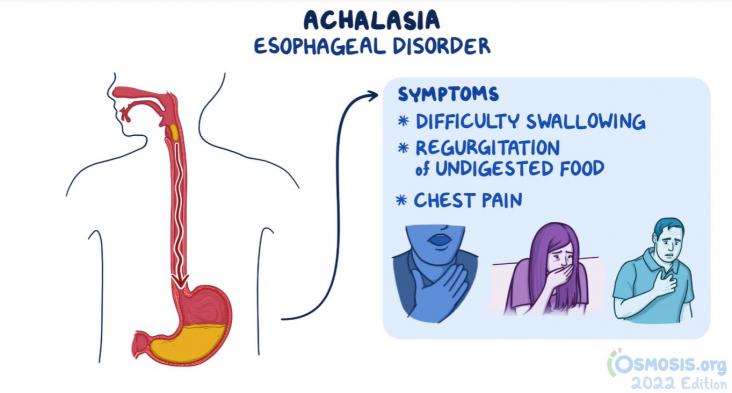Oncovirus cancer is a group of more than 100 different diseases. It can develop almost anywhere in the body. Initiation of cancer largely due to genetic changes interferes with the normal process, leading to uncontrolled cell growth. This huge cell mass transforms into a tumor, which can be benign or cancerous and can be malignant, which can grow and spread to other parts of the body. Whereas some types of cancers are nontumorous like leukemia, cancers like lymphoma and myeloma are tumorous. Apart from genetic mutations and other environmental factors such as chemical changes and change in lifestyle, approximately 12% of human cancers occur due to viruses and they are known as oncoviruses. A huge group of people harbors at least one of these oncoviruses, but few go on to develop into cancer. The path from oncovirus infection to the onset of cancer in humans involves a complex process. The viral factors and host interaction create a favorable microenvironment for oncogenesis. At present, seven human oncoviruses are known: Epstein–Barr virus (EBV), human papillomavirus (HPV), Hepatitis B and C viruses (HBV and HCV), human T-cell lymphotropic virus-1 (HTLV-1), human herpesvirus-8 (HHV-8), and Merkel cell polyomavirus (MCPyV). As the first human oncovirus, EBV was first detected in Burkitt lymphoma cells by electron microscopy in 1964. Since then work in oncovirology has been carried out on a large scale to understand the host–virus pathogenesis. Globally, around 20% of all cancers are caused by infectious agents and 12% are caused due to the oncoviruses, and of these, approximately 80% of viral cancers occur in the developing nations. With the help of the existing biochemical techniques such as genomics and proteomics, the identification of virus and their role in the cancer pathogenesis could be investigated, but still knowledge about their microenvironment and interactions is lacking. Current computational techniques support the deep mining of information, and knowledge modeling with preexisting data helps in understanding the sequence-to-sequence mapping followed by structure elucidation, which brings more curated data into the picture. Bioinformatics, cheminformatics, and amalgamation of artificial intelligence play an important role in research in the field of oncovirology. The large datasets obtained from multiple biochemical experiments contain gigabytes of data related to the sequence, structure, and interactions of oncoviruses. Techniques such as computational genomics, computational proteomics, interactomics, sequence analysis, structure modeling, systems biology, protein modeling, and computer-aided drug design have significantly contributed to making research in this field cost-effective.


